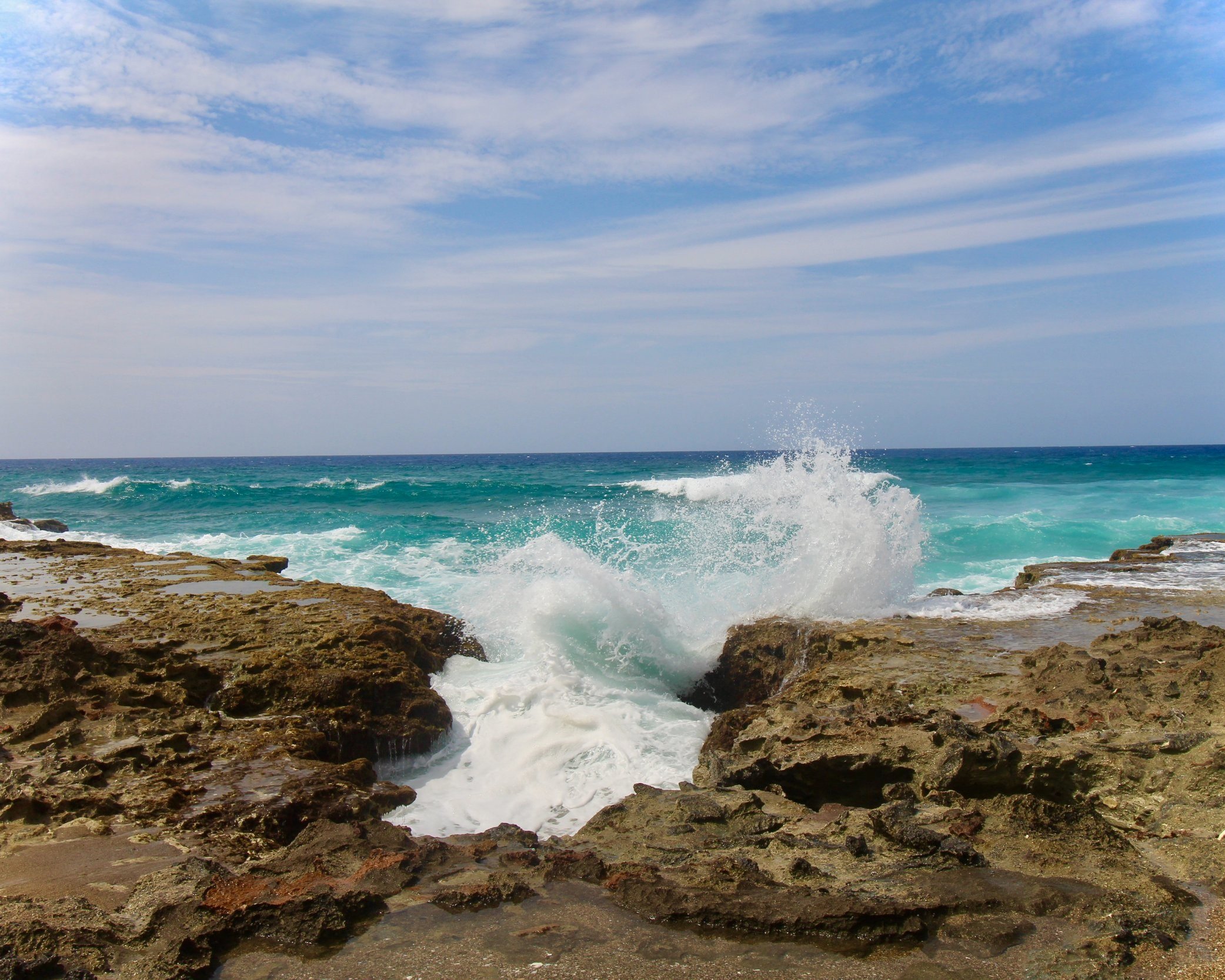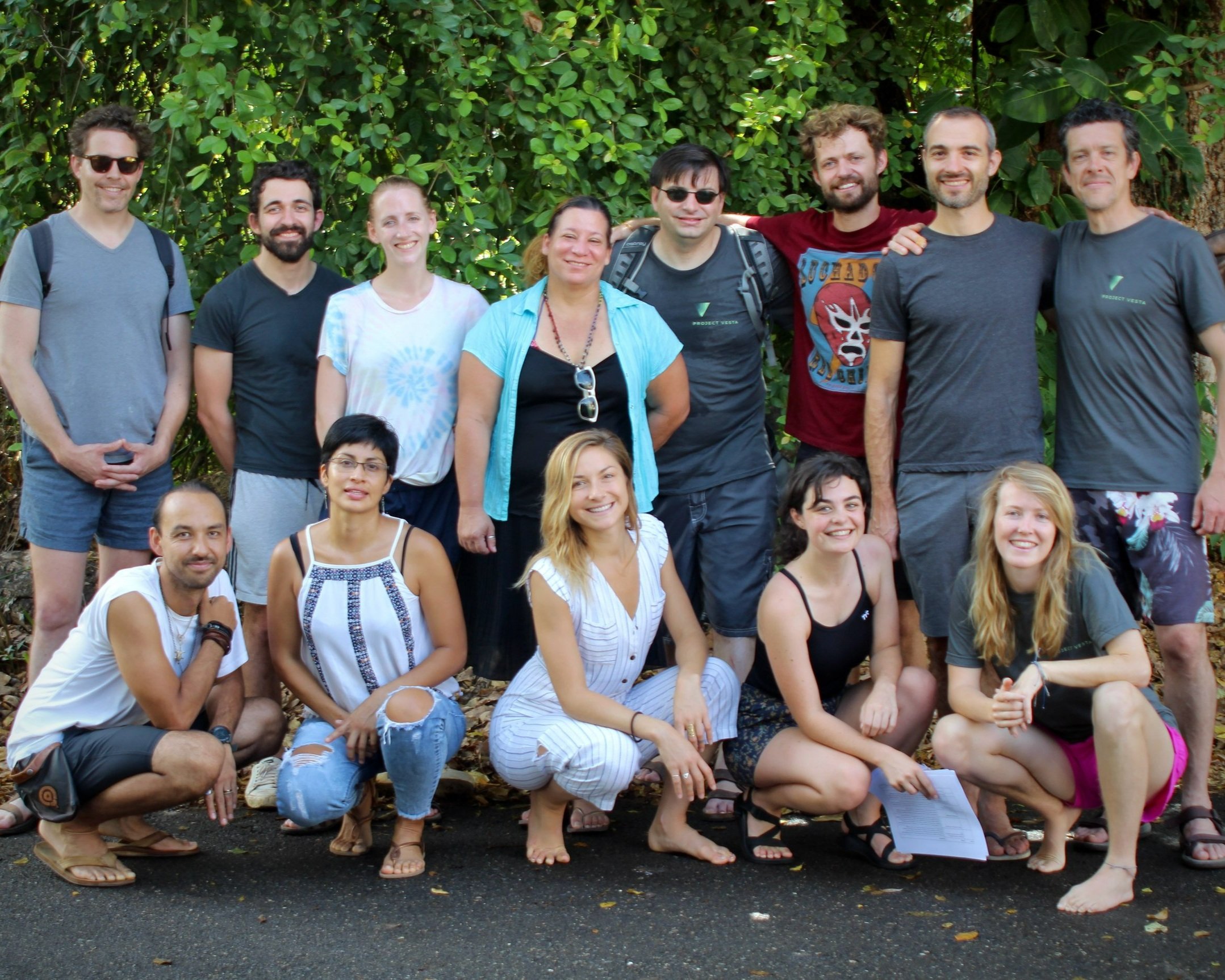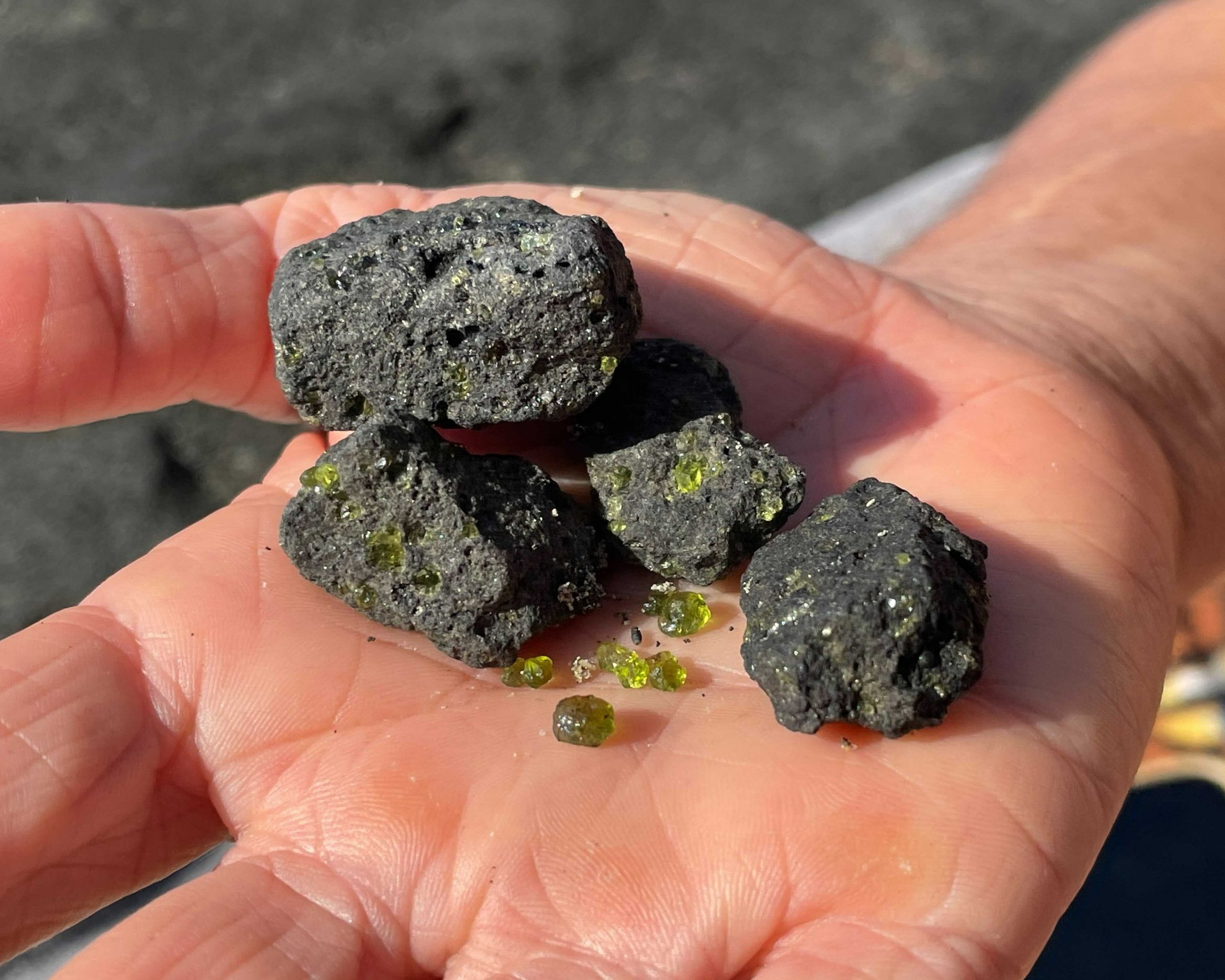Vesta
Bigger Picture
Weathering is a natural process where rocks react with CO₂ and is responsible for absorbing ~0.3% of global fossil fuel emissions. The naturally slow process can be accelerated by grinding rocks into a fine powder, thereby increasing the reaction surface - called enhanced weathering. The fine powder can be spread across crops or coasts and yield additional co-benefits beyond carbon removal.
Read more about enhanced weathering ➜
The Problem
Spreading crushed rocks on coasts or soils to remove CO₂ is, theoretically, an elegant solution and is supported by decades of research. However, there are social and logistical reasons that make scaling a challenge. Historically, enhanced weathering has faced safety concerns. To address these concerns and make sure it scales responsibly and effectively, the real-world impacts must be monitored. The dissolved carbon dynamics and net CO₂ sequestration, as well as the environmental and ecological side-effects, require field demonstration. Logistical challenges include mining, grinding and transporting minerals at scale. Coastlines are particularly threatened by climate change and are a target landscape for enhanced weathering projects, but implementing them requires the consent of many stakeholders and manoeuvring diverse local legislation.
Why Project Vesta?
Accelerating the natural carbon cycle Project Vesta is spreading finely ground olivine sand into coastal waters. Waves grind the olivine, speeding up the reaction with CO₂ dissolved in the ocean and storing it for millennia as bicarbonate.
One of the Earth’s most abundant minerals. Olivine is a volcanic rock dominant near the Earth’s surface. The abundance and global prevalence mean Project Vesta can scale without costly mining and transport.
Improving coastal resilience and mitigating ocean acidification Coastal climate initiatives already move sand to protect shores from rising sea levels. By working with these initiatives, Vesta’s olivine sand will provide structural support for coastlines, and the alkaline bicarbonate produced will help reverse ocean acidification.
Rigorous scientific process by leading scientists Project Vesta is connecting the world experts in enhanced weathering to conduct field trials that will determine the carbon impact and ensure no harm to ocean health.
Community-focused approach They have partnered with community-led teams in the North Caribbean to engage local stakeholders and enhance the project outcome.





